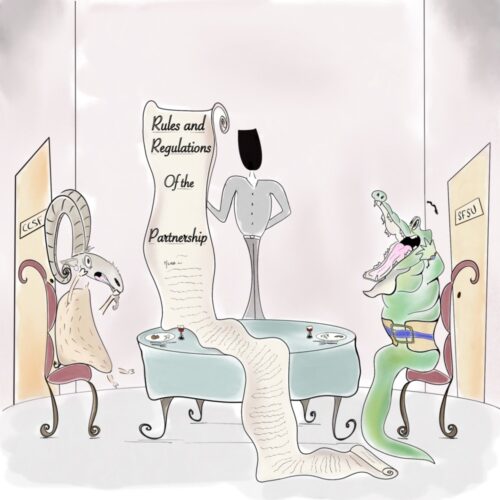City College Partners Up with San Francisco State University to Facilitate Transferring of Students
By Jay Sea
As a new academic year starts with continuous remote learning due to the COVID-19 pandemic, San Francisco State University (SFSU) announced a partnership with City College to address decreasing enrollment. Now, City College students can transfer with as little as two courses, and this decision has been met with concern and criticism.
It comes after San Francisco Chronicle recently reported a dramatic decline in SFSU’s enrollment citing the school’s new president Lynn Mahoney, “we have the space to admit more students,” in response to a reported 9% drop in enrollment since last year’s measurements. “COVID made this the moment to make this change,” Mahoney said to the Chronicle, and with racial justice being at the forefront of the COVID-19 crisis, school leadership is focusing on an effort to send a message of equity to new students grappling with the challenges of the pandemic.

Students with a B-minus average from high school, C average for math and writing from community college are eligible to transfer to SFSU. These are the new changes made to admission for this semester and they apply to all transferring students.
Each campus in the California State University system has the autonomy to edit their admission process as they choose, and this position is unique to SFSU so far.
However, the response to the new policy is not universally positive and at City College; faculty member, department chair, and long time City College activist Madeline Mueller weighed in on the announcement analyzing the potential risks raised at City College by the new change at State University.
“In no place does it acknowledge the huge value added to the lower division education gained at Community Colleges in general and CCSF in particular,” Mueller said to The Guardsman, citing an observed tendency of increasing university enrollment in order to fuel the student loan industry.
Students are more likely to face higher financial hardship in the future by going to university sooner rather than completing general education at community college, Mueller said. This, she said, is due to students taking out financial loans earlier in their career to begin at university as soon as possible. Criticism of the new policy is also shared among other department chairs at City College.
Journalism Department Chair Juan Gonzales added, “This new policy will no doubt impact CCSF hard — our degree and certificate programs will be less attractive because students can move onto SFSU quicker and take all their GE at SFSU … I can see this feeding into the plan to reduce the number of courses offered at CCSF that will likely lead to the elimination of departments.”
